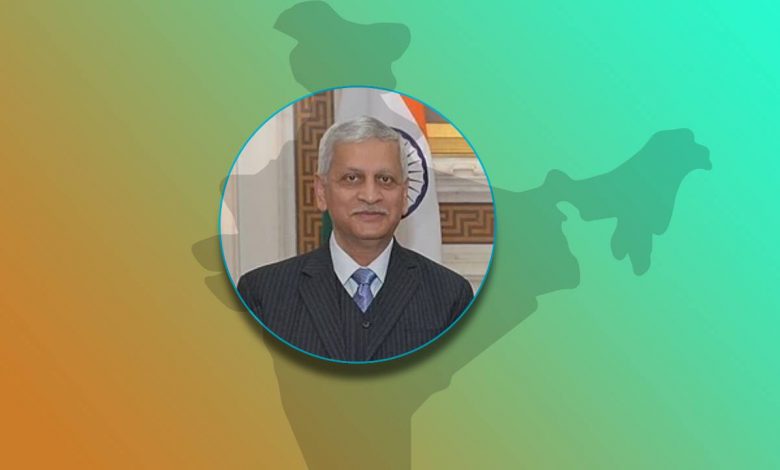Daily Current Affairs for UPSC
Chief Justice of India

Topic- Indian Polity and Governance [GS Paper-2]
Context- The President of India has appointed Justice D.Y. Chandrachud as the 50th Chief Justice of India (CJI).
Key Highlights
- In exercise of the power conferred by the Constitution of India, the President of India appointed Dr. Justice DY Chandrachud, Judge, Supreme Court as the Chief Justice of India with effect from 9th November, 2022.
- Before his appointment to the Supreme Court, Justice Chandrachud served as the Chief Justice of Allahabad High Court from October 31, 2013 and also served as a Judge of the Bombay High Court from March 2000 to October 2013.
- Justice Chandrachud, is well known for his profound judgments and his dissenting opinions have not only pricked the conscience of the powerful but, at times, even overshadowed the main judgment.
- The notable Supreme Court judgments including recognising the right to privacy as a fundamental right, decriminalisation of Section 377 of the Indian Penal Code and allowing women to enter Kerala’s Sabarimala temple etc are some examples of his Judgements.
Constitutional Provisions for the CJI
Appointment of the CJI
- The Chief Justice of India along with other Judges of the Supreme Court (SC) are appointed by the President under clause (2) of Article 124 of the Constitution.
- As far as the CJI is concerned, the outgoing CJI recommends his successor. Similarly the former CJI U U Lalit suggested the name of Dr. CJI D Y Chandrachud as the most appropriate candidate for the senior most post.
- Further the Union Law Minister forwards the recommendation to the Prime Minister who, in turn, advises the President.
- The Supreme Court in the Second Judges Case (1993), ruled that the senior most judge of the Supreme Court should alone be appointed to the office of the CJI.
- The Supreme Court collegium is headed by the Chief Justice of India and it includes four other senior most judges of the court.
- The collegium system is the system of appointment and transfer of judges that has evolved through judgments of the Supreme Court in Judges Cases, and not by an Act of Parliament or by a provision of the Constitution.
Functions of the CJI
- The Chief Justice allocates cases and appoints constitutional benches that deal with the key legal issues as leader of the Supreme Court.
- He delegates all duties to the other justices in line with Article 145 of the Constitution and the Supreme Court Rules of Procedure of 1966.
- The CJI is also responsible for the certain administrative tasks such as Maintenance of the roster and appointment of court officials etc.
- Other general and incidental topics concerning the Supreme Court’s supervision and operation also comes under the functions of the CJI.
CJI as Master of Roster
- It is common to refer to the office as primus inter pares – first amongst equals.
- Besides the adjudicatory role, the CJI also plays the role of the administrative head of the Court.
- Regarding the administrative function, the Chief Justice exercises the prerogative of allocating cases to particular benches.
- Further he also takes decisions on the number of judges that will hear a case.
- Thus, the CJI can influence the result by simply requiring the judges that he thinks may favour a particular outcome.
- Such administrative powers are exercised by the CJI without collegial consensus, and without any stated reasons.





.png)



